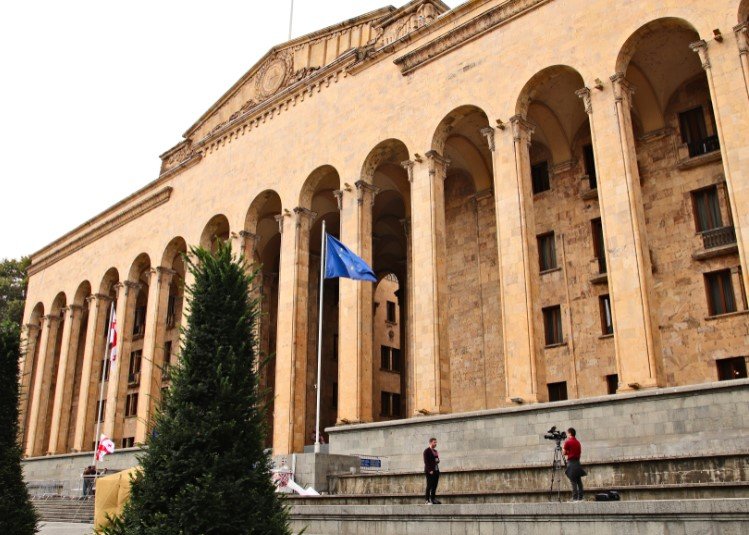In a decisive move that underscores the ongoing political tug-of-war in Georgia, the nation’s parliament has successfully overridden the president’s veto on pivotal election code amendments. This development is a critical juncture in Georgia’s democratic process, reflecting the complexities of balancing power between different branches of government.
The Battle Over Electoral Reforms
The heart of the controversy lies in the proposed changes to the election code, primarily concerning the election process of the Central Election Commission (CEC) chairperson and professional members.
A Contentious Decision
The parliament’s decision to override the veto signals a strong assertion of legislative power, challenging the president’s reservations about the amendments. This move has sparked a debate on the implications for Georgia’s electoral integrity and democratic values.
The Amendments at a Glance
The amendments introduce a multi-stage election process for the CEC leadership, requiring a quorum of votes that decreases with each unsuccessful round. This mechanism has been criticized for potentially centralizing power and diminishing opposition influence.

The President’s Stance
President Salome Zurabishvili’s veto was motivated by concerns that the amendments could undermine the independence of the election commission, echoing the recommendations of international bodies like the Venice Commission.
The Implications for Democracy
The override of the presidential veto is not just a procedural occurrence; it has significant implications for the democratic fabric of Georgia.
Power Dynamics Shifted
The parliament’s ability to bypass the presidential veto reflects a shift in the balance of power, raising questions about the checks and balances within the Georgian political system.
International Observations
The international community, particularly European institutions, have been closely monitoring the situation, as the amendments have been scrutinized for their alignment with democratic standards and practices.
A Test for Future Elections
The outcome of this legislative battle sets the stage for future elections in Georgia, with the revised election code likely to influence the conduct and credibility of the electoral process.
Looking Ahead: Stability or Uncertainty?
As Georgia navigates through this period of political contention, the path ahead remains uncertain. The nation’s commitment to democratic principles will be closely watched by both domestic and international observers.
The Road to Consensus
Building a consensus on electoral reforms is crucial for maintaining public trust in the democratic process and ensuring fair representation for all political voices.
The Role of Civil Society
Civil society organizations and the general public play a vital role in advocating for transparency and accountability in the electoral system.
The European Perspective
Georgia’s aspirations for closer ties with the European Union add another layer of complexity, as adherence to democratic norms is a key criterion for EU integration.
